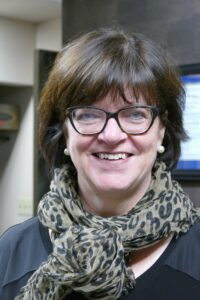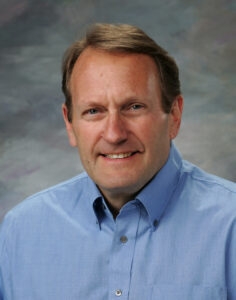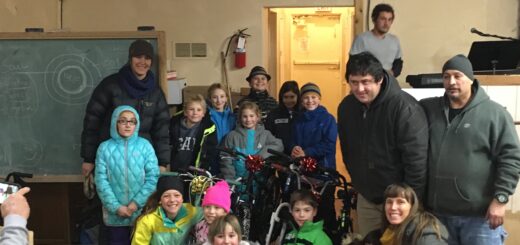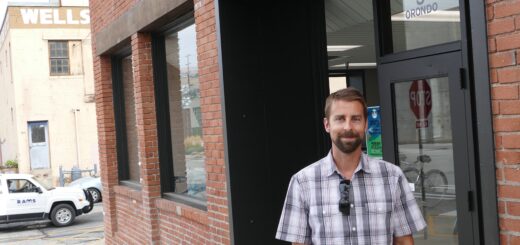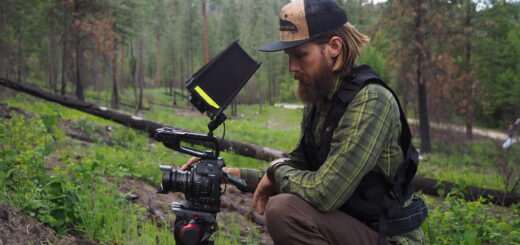McQuaig making global impact in Lithuanian
John McQuaig dropped by my office this week with Dr. Marlene Wall, the president of LCC University in Klaipėda, Lithuania, to chat about how that school is transforming lives and creating hope in the former Soviet republic.
What I appreciate about McQuaig is that he is invested in trying to make a meaningful difference in the world through his work with LCC. He is inspired by the sense of hope that it brings to students, that it draws together people from diverse and sometimes warring countries to live and learn in community.
Wall confirmed this and talked about the importance of getting beyond politics and working together as human beings. When people in this country think about Ukraine and Russia, they typically make an immediate connection with the conflict over the takeover of Crimea. But the human-first mindset of LCC University creates a different dynamic.
Wall recounted the story of students from Ukraine and Russia hanging flags next to each other from their dormitory windows. The two flags were connected with a heart. Now that’s a message you likely won’t see on our national news.
McQuaig said he thinks of LCC University as a small version of the United Nations. Currently, the school brings together students from 39 countries. International students make up 68 percent of the student body.
The student experience is unique for that region of the world. The back-and-forth engagement between students and faculty is something unheard of in state institutions. The school creates an environment where relationships are paramount.
Wall, who is the daughter of a Ukrainian immigrant, grew up in Uruguay and was educated in the United States, talks about “education as hope” as her guiding philosophy. Students, she said, “will leave after four years with friends from 30 countries.”
This relationship-centered approach is something that is essential to foster in our country and around the world if we are to reduce the cycle of violence, hatred and xenophobia that exists. We can choose to stop treating people as statistics and consider them as fellow human beings.

